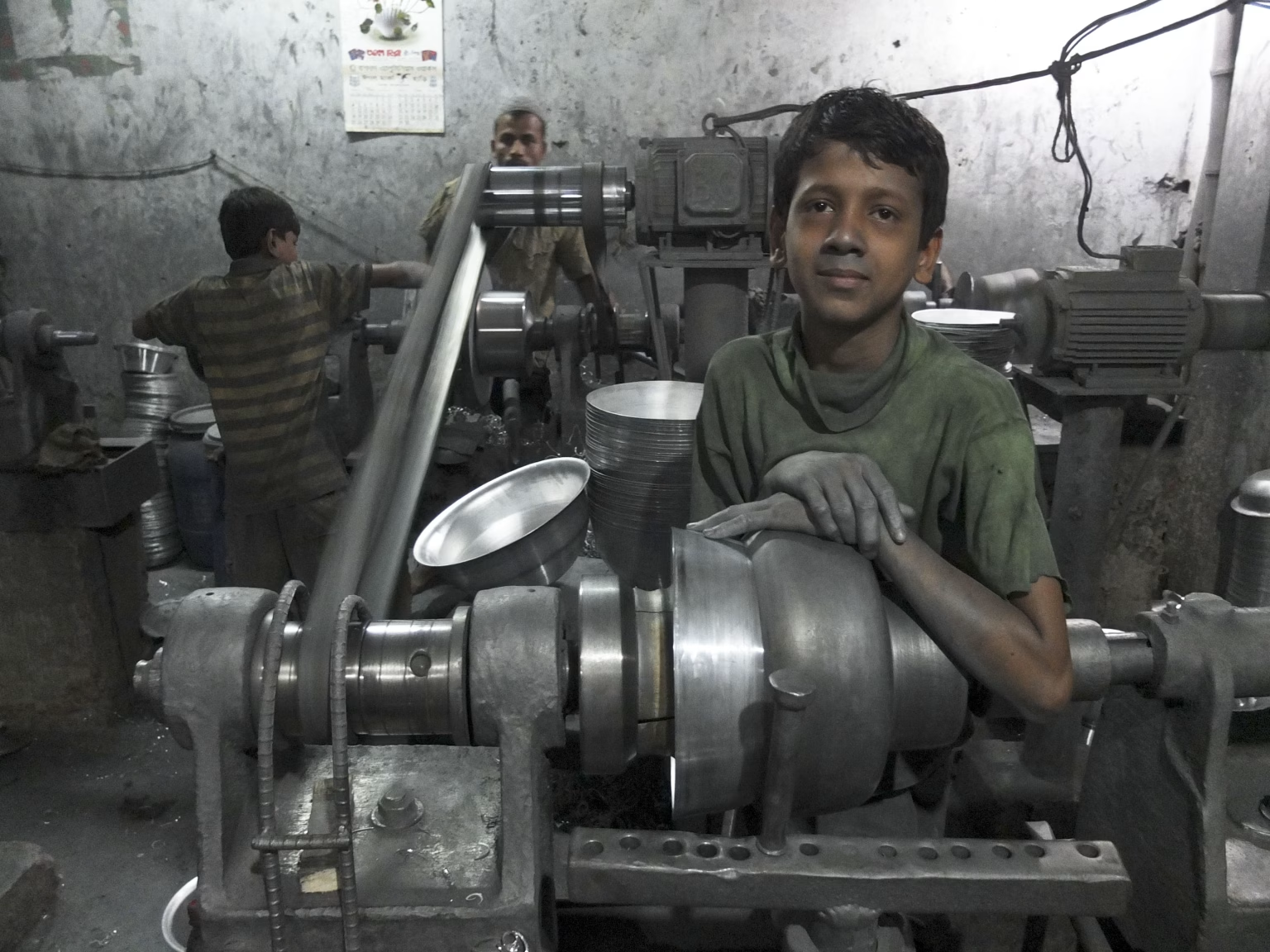The government is moving to enforce stricter penalties on factory owners through amendments to the Labour Act, discussed at a Tripartite Consultative Committee (TCC) meeting in Dhaka on Tuesday evening.
Under the draft proposals, fines for employing child labour would rise fivefold, from Tk 5,000 to Tk 25,000. Factory owners found responsible for deaths or injuries caused by safety violations could face fines of up to Tk 100,000 or a maximum of four years’ imprisonment.
The amendments also strengthen worker protections. Employers will be barred from forcing employees to continue tasks deemed hazardous after safety concerns are raised. Blacklisting workers will be prohibited, and no penalty can be imposed on employees who comply with safety rules under the law and national safety policy.
Factories with at least 100 permanent workers will be required to set up a provident fund, which was previously optional. Violations of maternity leave provisions could attract fines of Tk 50,000. However, proposals to extend maternity leave to six months and increase compensation for workplace accidents were not included, despite repeated demands from labour groups.
Union formation is also set to become easier. Instead of requiring support from 20 per cent of the workforce, a trade union could now be registered with backing from only 20 workers, regardless of their shift or department.
The reforms come amid calls from international partners for Bangladesh to bring its labour laws closer to global standards. On August 24, EU Ambassador Michael Miller urged swift reforms to safeguard duty-free market access under the GSP Plus scheme.
Bangladesh Employers’ Federation (BEF) President Fazlee Shamim Ehsan told Times of Bangladesh: “We support the changes, but the process feels rushed and seems to have been pushed under foreign pressure, which we find disrespectful.”
Bangladesh, set to graduate from Least Developed Country (LDC) status, will soon be eligible to apply for GSP Plus benefits. However, with safeguard clauses in place, the ready-made garment sector risks losing duty-free access unless international labour standards are met.


